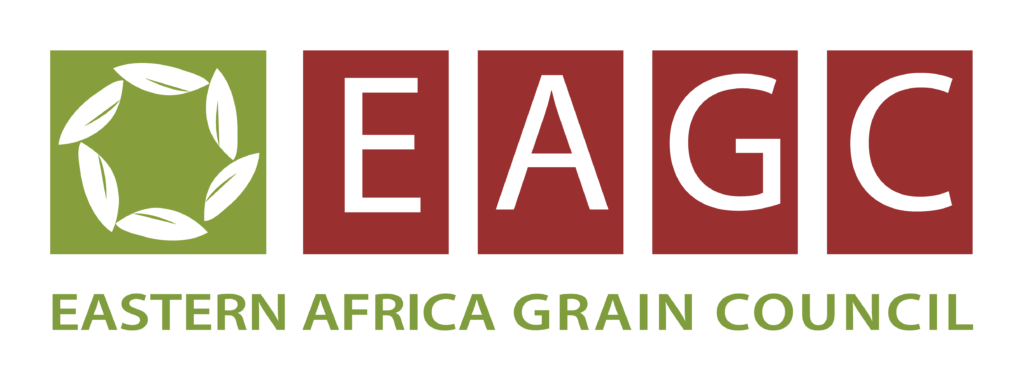The Eastern Africa Grain Council (EAGC) in collaboration with USAID PolicyLINK hosted a Regional Write shop to design a framework for establishing industry self-regulation for staple food value chains in East Africa to improve food safety compliance, on the 26th – 27th April 2022, at the Movenpick Hotel, Westlands, Nairobi, Kenya.
The aim of the workshop was to come up with a draft industry self-regulation framework that covers all the main components of an ISR as well as come up with its implementation plan.
The workshop was a buildup on preceding country meetings held in Kenya, Uganda and Tanzania, that sought to discuss Industry Self-regulation to address the aflatoxin challenge in staple food value chains. The country workshops created a common understanding on the importance of the industry to self-regulate. Stakeholders then gave technical recommendations on establishing industry self-regulation and identify mechanisms to best apply the concept in the selected value chains. In these workshops, value chain players acknowledged the existence of food safety issues in the industry and in addition acknowledged the need for the private sector to take responsibility of the issues through industry self-regulation. Stakeholders gave suggestions and proposals for considerations in the development and implementation of an ISR framework for the sector that led to the regional write shop to design a framework for establishing industry self-regulation.
The regional write shop synthesized feedback from the country workshops on ISR solutions to inform a proposed ISR framework and identified the components of ISR that each country needs to prioritize based on existing frameworks for a fully functional ISR. Stakeholders proposed key considerations in the development and implementation of an ISR framework and mapped out stakeholders critical in the successful implementation of ISR, developed key messages targeting each stakeholder, critical in ensuring support to a functional ISR and identified specific strategies for establishing and strengthening ISR at country and regional level.

